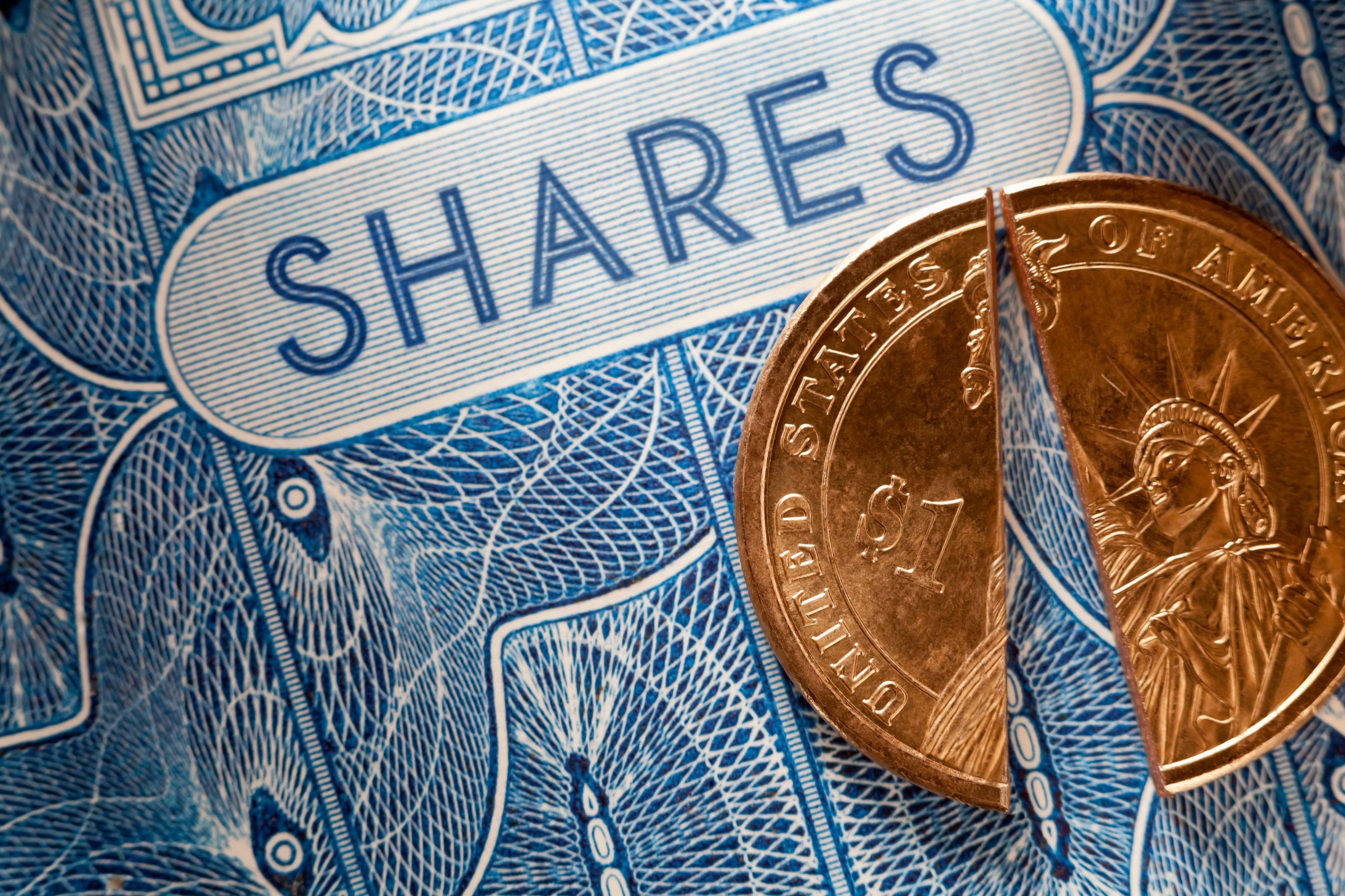
Source: Sirius XM.
Sirius XM Holdings (SIRI +0.00%) has been talking up its prospects for grabbing a bigger piece of the Hispanic radio market, but we may have hit the satellite radio provider's "no mas" moment.
Sirius XM is canceling El Show de Piolin, the zany morning talk show starring Mexican terrestrial-radio personality Eddie "Piolin" Sotelo that it thought would be the perfect bait to boost its presence in the unserved Spanish-language morning talk market on satellite radio. However, the show wound up lasting less than 11 months on the air.
Neither party has been particularly chatty about the split, other than telling the Los Angeles Times that the decision to part ways was mutual and amicable. Sotelo had some baggage going into the deal last year, leaving terrestrial radio as former employees alleged harassment. However, Sirius XM is no stranger to giving second chances to magnetic on-air talent that have had trouble on traditional broadcast radio. It's how Opie & Anthony and Howard Stern wound up on satellite radio.
In other words, absent some huge scandal that's bound to break sooner rather than later, the most likely reason for the show getting nixed within its first year is that it just wasn't helping Sirius XM achieve its goal of widening its reach into the Spanish-speaking market.
Lost in translation
Sirius XM has always offered a handful of channels devoted to music, news, and sports in Spanish. With more than 50 million people of Hispanic or Latino origin living in the U.S., it's too big a minority market to ignore.
Sirius XM made the push to grab more of the market nearly three years ago when it rolled out Sirius XM 2.0. The new platform offered more interactive features and the ability to increase the number of available channels. More than half of the roughly two dozen channels added were Latino content.
If dedicating so many of its new channels to a specific market wasn't enough, last year it introduced a "SiriusXM Espanol" satellite package offering access to the Spanish-language content and some English-language music and talk content for as little as $5.99 a month. If more content, cheaper access, and an iconic morning show host didn't get the job done, one has to wonder if Sirius XM will ever be satisfied with what is possible in attaining the Latino market.
It was always going to be a challenge. Many Latinos who are well off enough financially to drive a car and have the disposable income to subscribe to a premium radio service probably have a sufficient command of the English language to enjoy traditional content. There is also no shortage of Spanish terrestrial radio in the country, particularly in areas that have a high concentration of Hispanic residents.
It's also worth noting that one size doesn't fit all when it comes to Latino content. As a Latino myself, I can assure you of the significant cultural and content consumption differences between Mexicans in the Southwest, Puerto Ricans in New York, and Cubans in Florida. More than 60% of the Latinos in this country are Mexican -- so going with Piolin was the right call -- but this wasn't going to be content that would satisfy the various regional tendencies.
Armed with 26.3 million subscribers, Sirius XM will be fine. It's not smarting from this retreat. However, it will probably continue to lose sleep about a market that in terms of size is nearly twice as large as its current subscriber base.






